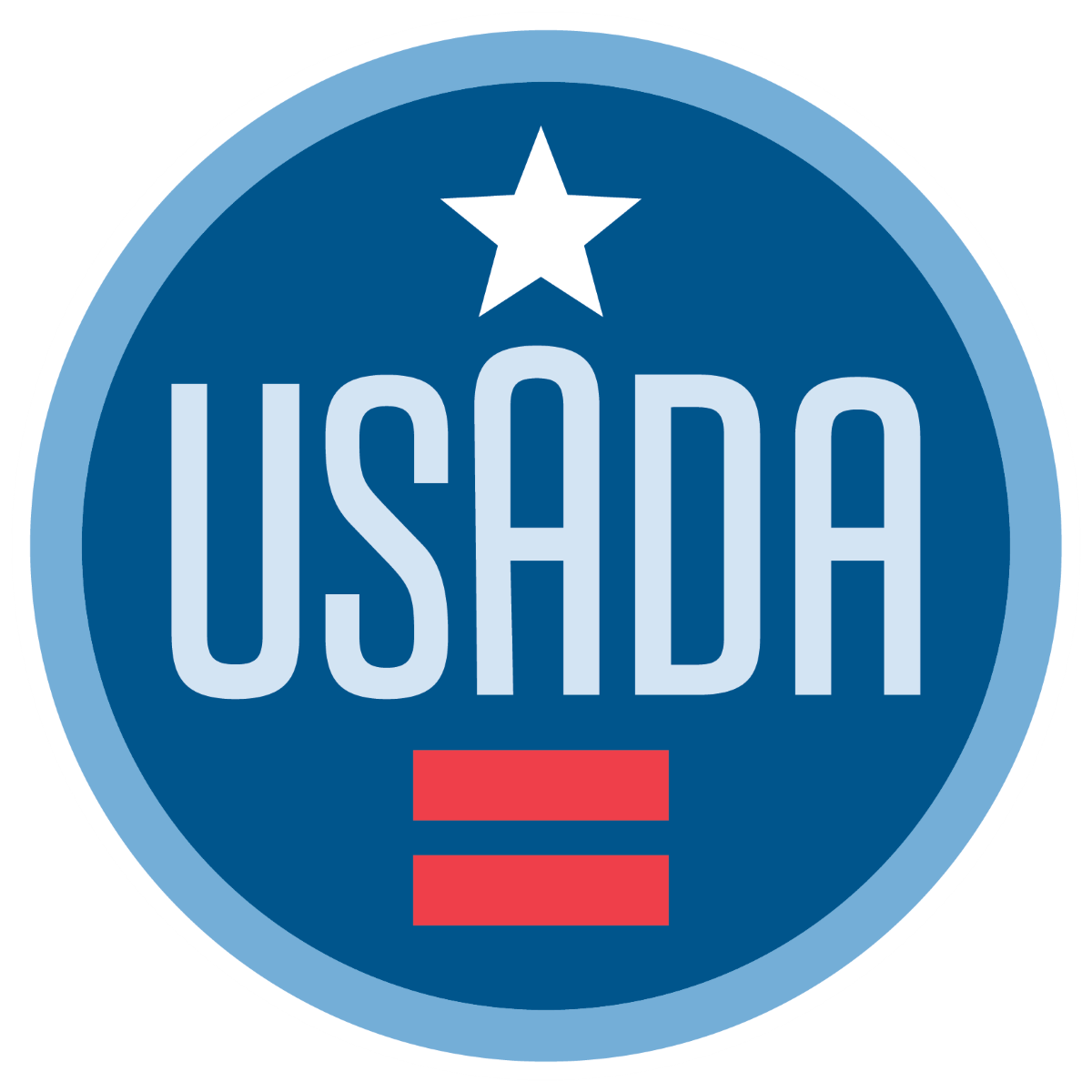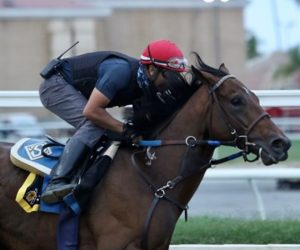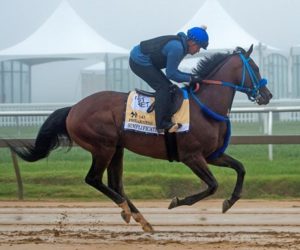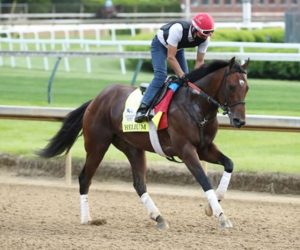The Horseracing Integrity and Safety Authority (HISA) announced Thursday that it suspended talks with the US Anti-Doping Agency (USADA) to help enforce HISA’s Anti-Doping and Medication Control program.

The two entities broke off negotiations on Thursday after failing to reach terms on an agreement. The USADA was seen as an integral cog in one of HISA’s fundamental purposes: serving as an independent enforcement agency charged with drafting rules for the ADMC.
“As mandated by the Horseracing Integrity and Safety Act of 2020, USADA and HISA had been engaged in good faith negotiations, but were unable to reach final terms,” HISA officials said in a statement. “To date, USADA has led the process of authoring draft rules for HISA’s ADMC program. As set forth in the HISA statute, the Authority is evaluating options for engagement with other leading independent enforcement agencies.”
The USADA submitted a Racetrack Safety draft to the Federal Trade Commission earlier this month. Now, the ADMC draft element will be put on hold until HISA officials can find a new independent agency.
Drug enforcement, testing now goes on hold
Passed in late 2020, HISA is scheduled to take effect on July 1, 2022. According to HISA, the failure to reach a deal pushes the critical drug enforcement element back until early 2023. Under HISA’s structure, the drug testing and enforcement element must be handled by an independent regulatory agency equal to USADA in qualifications and stature within the industry.
Along with the unanswered question as to who will foot the bill for HISA, this becomes a significant problem in implementing HISA. What agency outside of USADA – which handed testing for the Olympics, Pan American Games, and Paralympic Games — has the credibility, experience, infrastructure, and the means to handle this critical role?
Especially since the USADA already outlined several draft rules it intended to apply to HISA.
HISA facing trouble on a different front
“After months of negotiations, we have been unable to enter an agreement in line with the requirements of the Act, and one which would have given us a reasonable chance to put in place a credible and effective program,” USADA CEO Travis Tygart said in a statement. “While we are obviously saddened by the outcome at this stage, we tried our absolute best to find a way forward, but without success.”
While most of horseracing’s power elite, from tracks to racing authorities like The Jockey Club and the National Thoroughbred Racing Association, to corporations, support HISA, its enactment next July is contingent on it surviving several legal challenges.
One anti-HISA entity piles on
One of those challenges came from the National Horsemen’s Benevolent and Protective Agency (NHBPA), which maintains that HISA is an unconstitutional power grab. Its CEO, Eric Hamelback, used the split as an opportunity to blast HISA in his own statement.
“The National HBPA continues to stand steadfast behind our belief that the HISA Act is an unconstitutional delegation of authority to a private organization. With that said, after the events announced today, we hope members of the Authority take into strong consideration partnering with an enforcement agency that understands the nuances of the horseracing industry and recognizes the significant positive strides this industry has made in both safety and integrity.”











